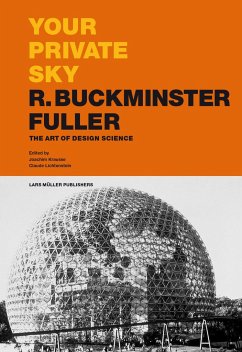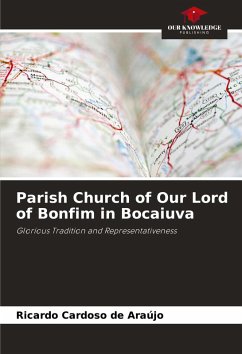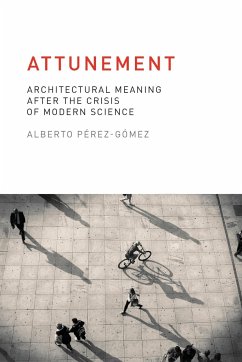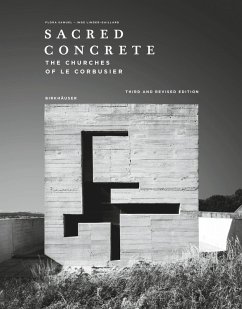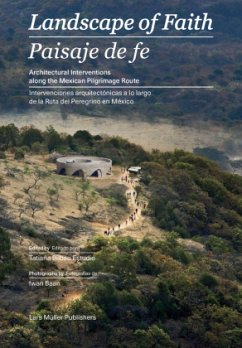
Echoes of Faith
Resonance in the Trustless Era, Rebuilding Hope and Connection
Herausgegeben: Surhone, Lambert M.; Timpledon, Miriam T.; Marseken, Susan F.

PAYBACK Punkte
12 °P sammeln!
Please note that the content of this book primarily consists of articles available from Wikipedia or other free sources online. Object-Action Complexes (OACs) are proposed as a universal representation enabling efficient planning and execution of purposeful action at all levels of a cognitive architecture (Kruger 2009, Worgotter 2008, Geib 2006, Piater 2009). OACs combine the representational and computational efficiency for purposes of search (the frame problem) of STRIPS rules and the object- and situation-oriented concept of affordance with the logical clarity of the event calculus. Afforda...
Please note that the content of this book primarily consists of articles available from Wikipedia or other free sources online. Object-Action Complexes (OACs) are proposed as a universal representation enabling efficient planning and execution of purposeful action at all levels of a cognitive architecture (Kruger 2009, Worgotter 2008, Geib 2006, Piater 2009). OACs combine the representational and computational efficiency for purposes of search (the frame problem) of STRIPS rules and the object- and situation-oriented concept of affordance with the logical clarity of the event calculus. Affordance is the relation between a situation, usually including an object of a defined type, and the actions that it allows. While affordances have mostly been analyzed in their purely perceptual aspect, the OAC concept defines them more generally as state-transition functions suited to prediction. Such functions can be used for efficient forward-chaining planning, learning, and execution of actions represented simultaneously at multiple levels in an embodied agent architecture.





